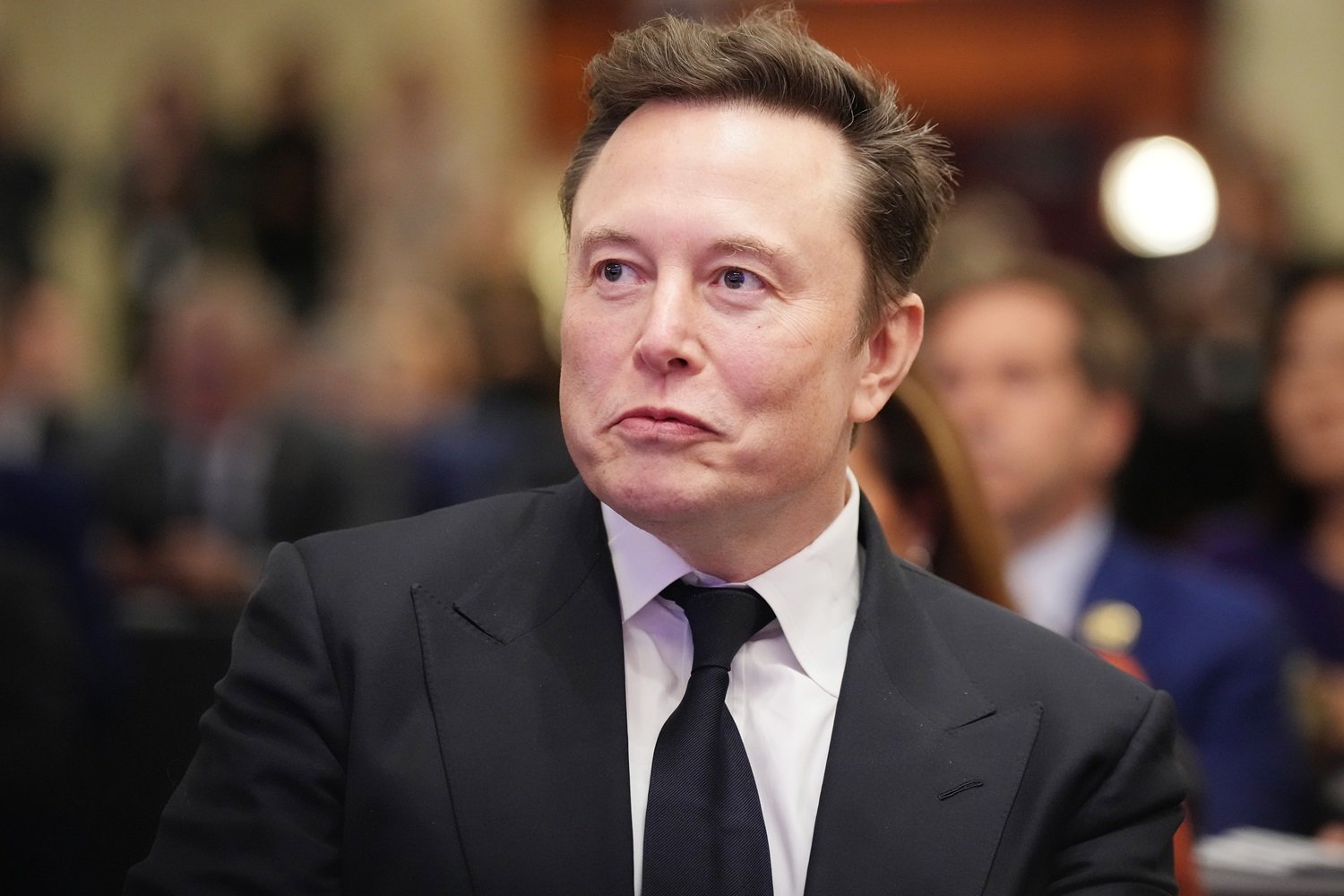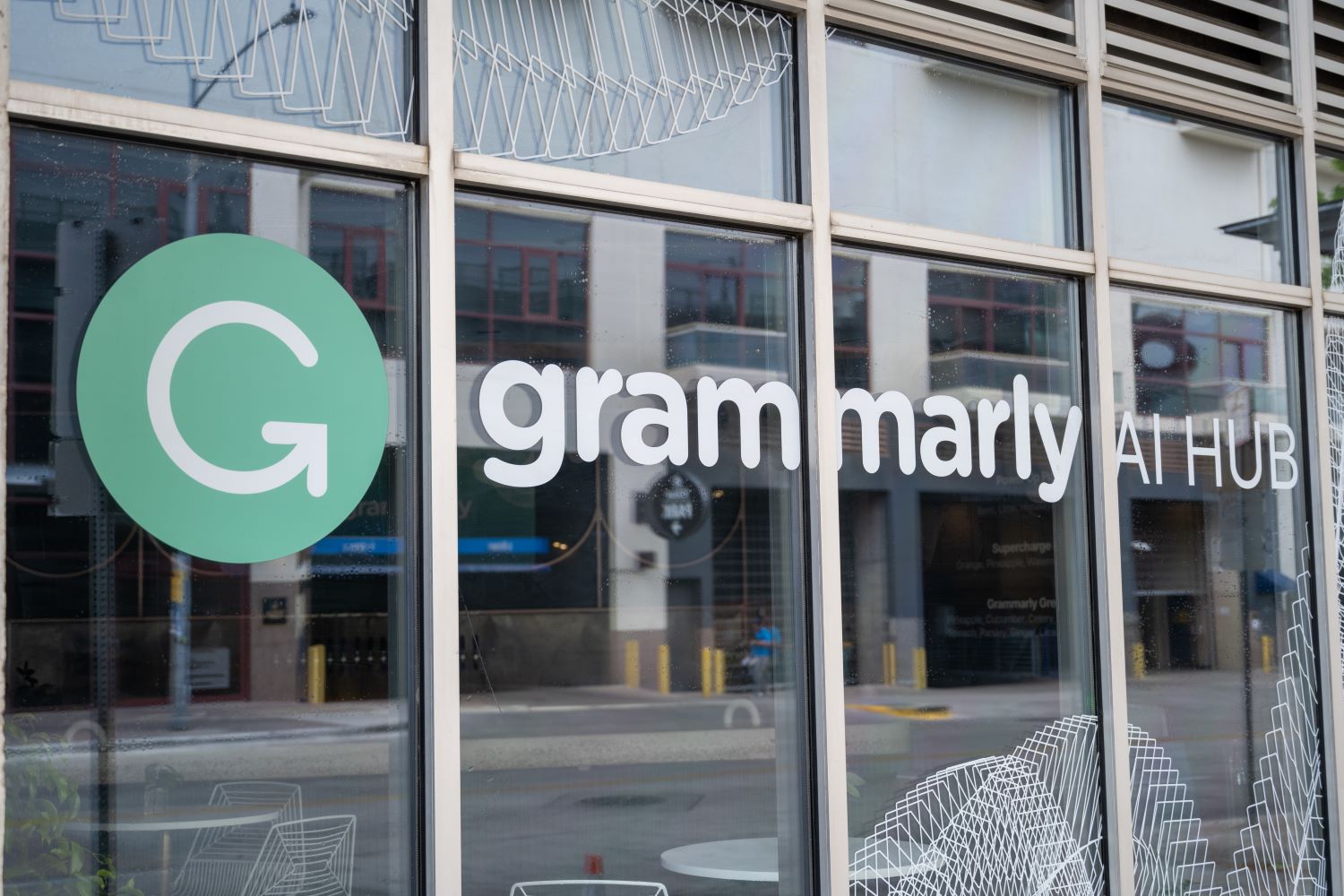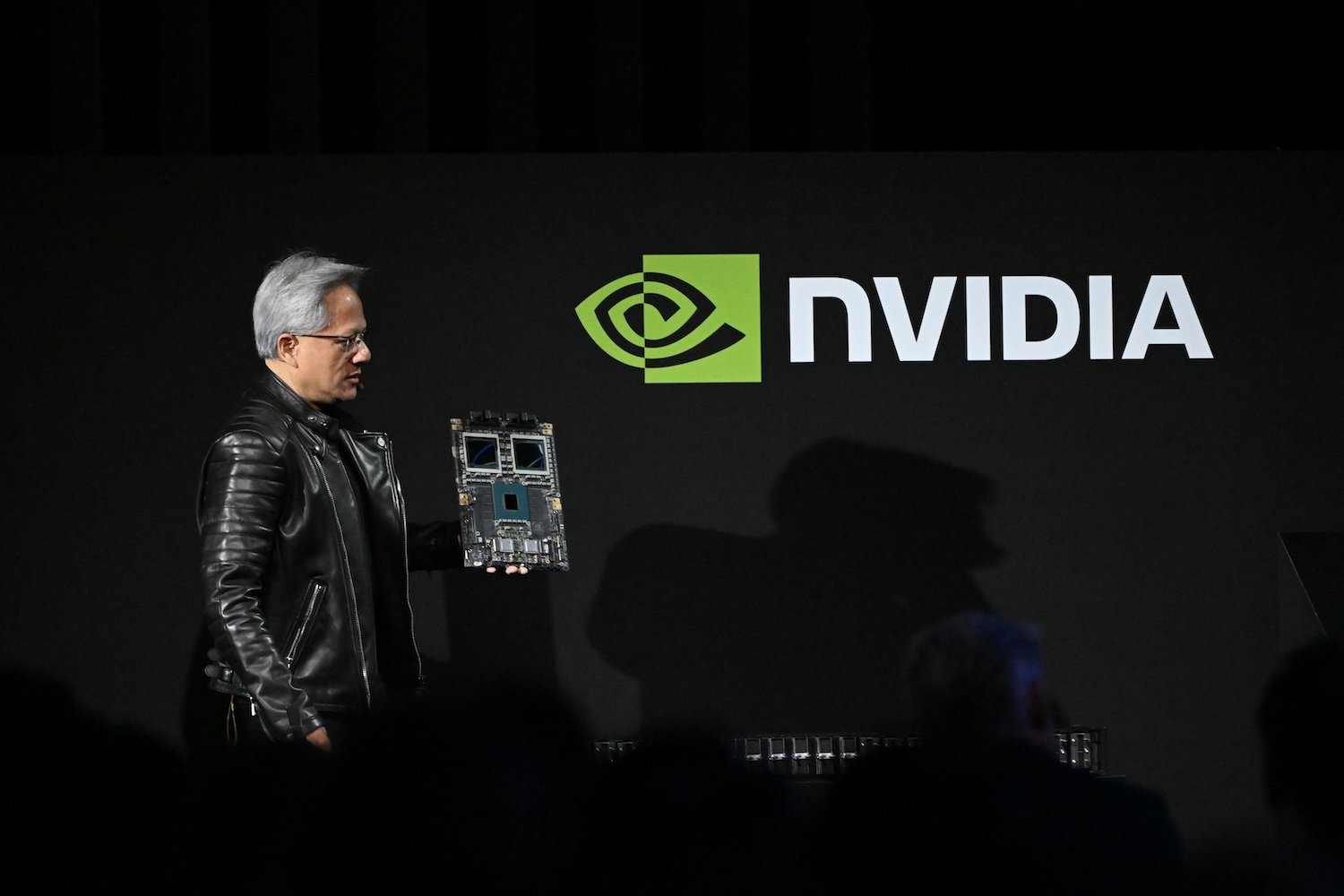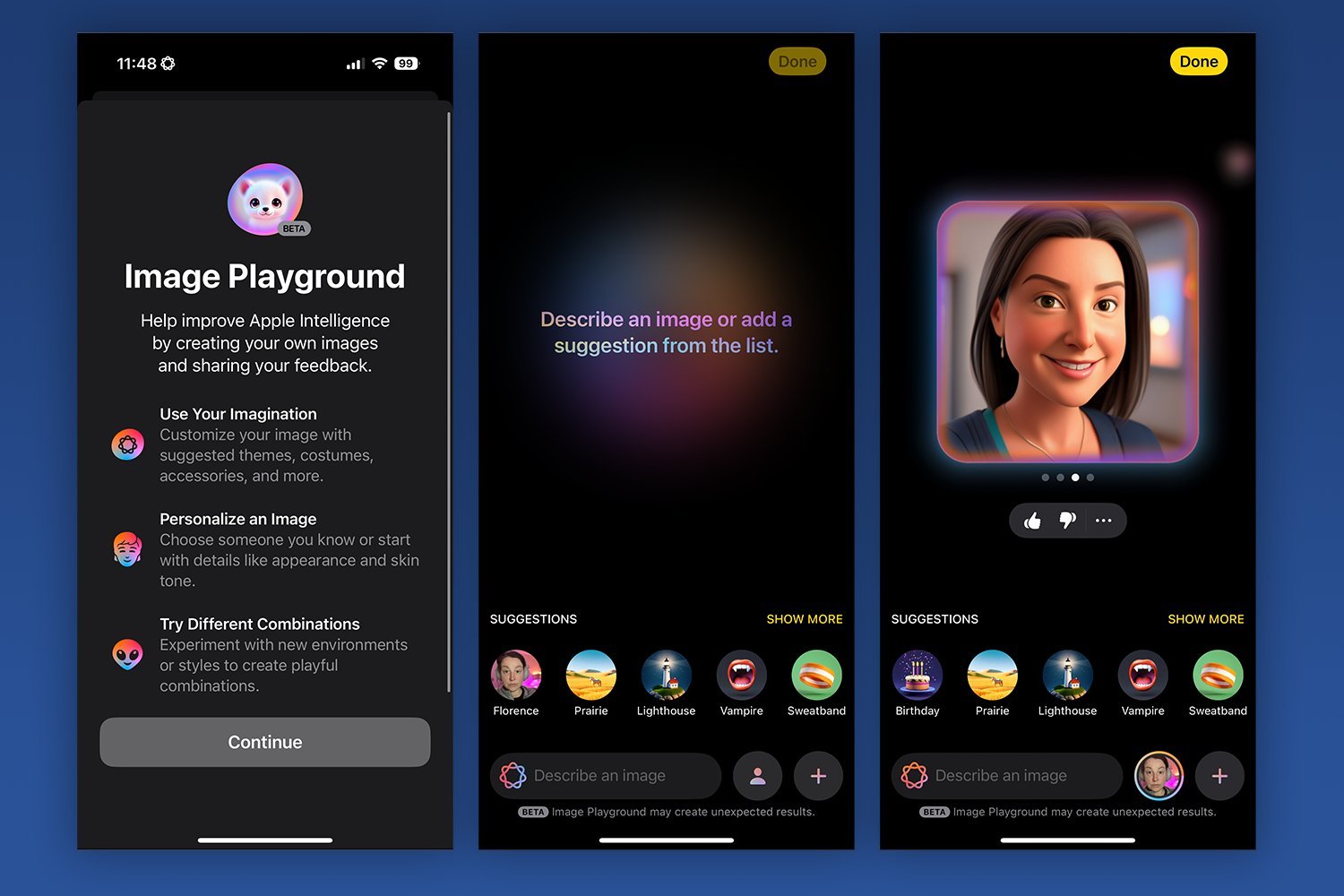Elon Musk has broadened his legal battle against OpenAI and its CEO, Sam Altman, now including Microsoft and LinkedIn co-founder Reid Hoffman as defendants. The revised 107-page lawsuit provides Musk’s perspective on the escalating conflict. The world’s richest man claims he was drawn in by Altman’s promise of safe AI development, only to be disillusioned by OpenAI’s partnership with Microsoft for profit.
The lawsuit alleges, “Never before has a corporation transitioned from a tax-exempt charity to a $157 billion for-profit, market-dominating force in just eight years. This unprecedented shift violates fundamental legal principles governing economic activity, involving deception of donors, members, markets, regulators, and the public.”
This feud between Musk and Altman has simmered for years. Musk co-founded OpenAI with Altman in 2015, investing approximately $44 million before departing in 2018. The lawsuit contends that Altman initially presented a non-profit vision for OpenAI, focused on developing AI with human safety as a paramount concern. Musk claims Altman betrayed this vision by partnering with Microsoft and pursuing profit.
“OpenAI, Inc., co-founded by Musk as an independent charity committed to safety and transparency—and initially supported by Musk’s funding, guidance, recruitment, and connections—is, under the direction of Altman, Brockman, and Microsoft, rapidly becoming a for-profit subsidiary of Microsoft,” the lawsuit asserts. “Altman, in collaboration with other Defendants, deliberately misled Musk, exploiting his humanitarian concerns about the potential dangers of AI.”
OpenAI’s organizational structure is complex. A non-profit board governs the company, initially intending to operate through donations, expand its reach, and develop artificial general intelligence safely for humanity’s benefit. However, the company shifted towards selling products like ChatGPT to generate revenue. While the non-profit board retains control, the situation has become increasingly intricate.
The lawsuit alleges Musk’s frustration stems from OpenAI’s decision to prioritize profit. “Due to their unlawful actions, Defendants have been unjustly enriched to the tune of hundreds of billions of dollars in value, while Musk and the public have been deceived,” the lawsuit states.
Musk also outlines his concerns about a dystopian future potentially driven by AI. “These dangers include, without limitation (or exaggeration), complete replacement of the human workforce, accelerated spread of disinformation, malicious impersonation, and manipulation of political and military systems (which military-related contracting OpenAI is now reportedly pursuing aggressively), ultimately leading to human extinction,” the lawsuit warns.
The lawsuit comprises twenty-six separate accusations, including two criminal violations of the RICO Act, typically used to prosecute organized crime. The inclusion of Microsoft and Hoffman marks a new development in this protracted legal battle. Musk initially filed the lawsuit in March 2024, withdrew it in July, and refiled it in August.
In response to the initial filing, OpenAI released emails Musk sent to the company during his involvement. OpenAI’s narrative is simpler. They claim Musk attempted a hostile takeover, aiming to merge OpenAI with Tesla. When his efforts failed, he left the company.











